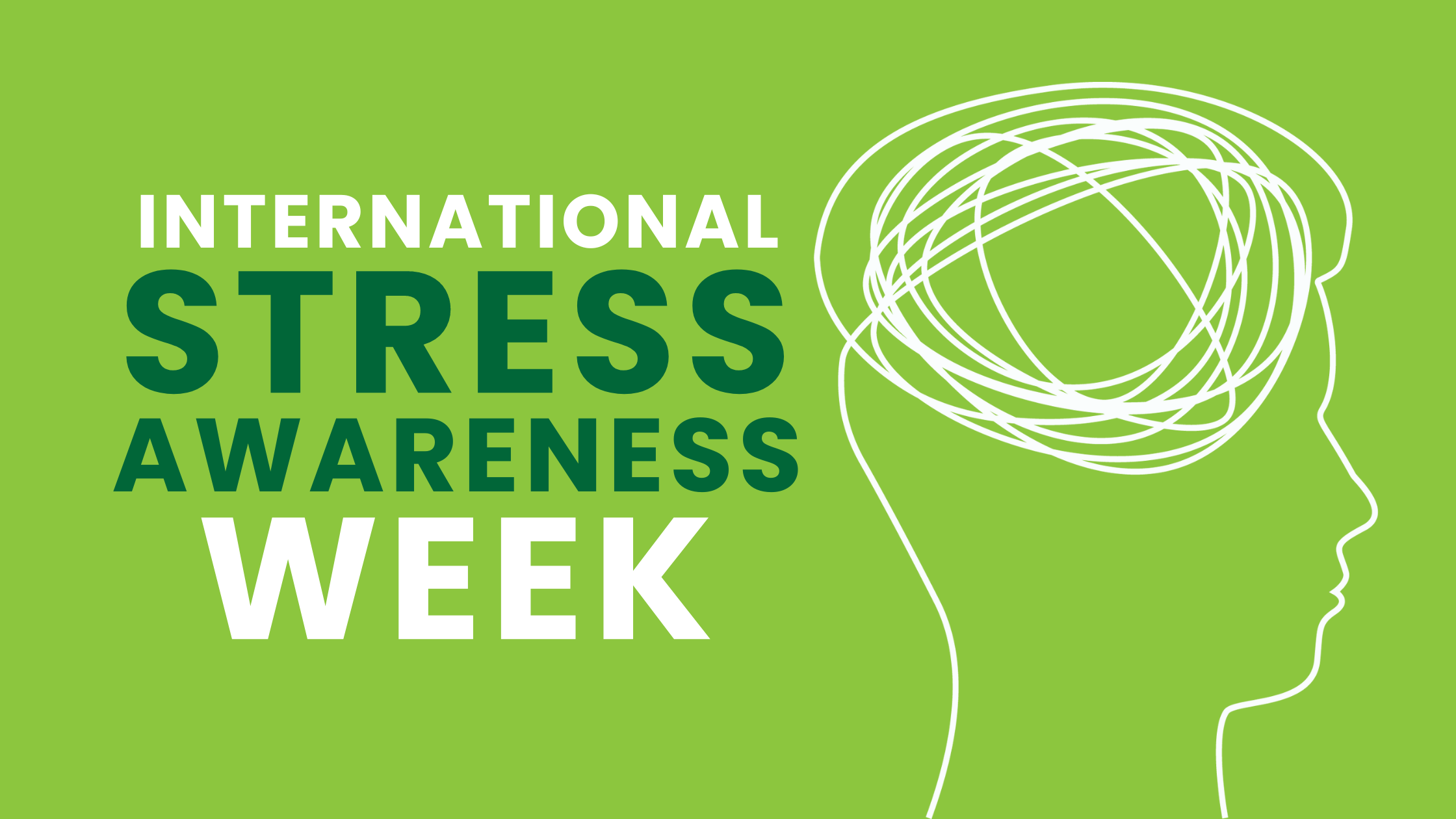International Stress Awareness Week
01 November | By Irene Amarante

This International Stress Awareness Week, Hales Group are taking part in raising awareness about the ways stress can affect our physical and mental health, and what we can do to manage our stress before it becomes a problem.
What is stress?
Stress is the body’s natural reaction to feeling overwhelmed or under pressure. It’s very common and can be motivating to help us meet the demands of home, work, and family life.
However, too much stress can affect our body and our emotions. It can make us feel anxious and irritable and affect our self-esteem. Experiencing a lot of stress can also lead to burnout or the feeling of physical, mental, and emotional exhaustion.
Symptoms of stress
If you are stressed, you may:
-
-
- feel overwhelmed
- have racing thoughts or difficulty concentrating
- be irritable
- struggle to make decisions
- be forgetful
- feel constantly worried, anxious, or scared
- feel a lack of self-confidence
- have trouble sleeping or feel tired all the time
- avoid certain places or people
- be eating more or less than usual
- drink or smoke more than usual
Ways to manage stress and burnout
-
-
- Prioritise your workload. Leave the least important tasks to last.
- Take a break. Make time to unwind and try do other activities you enjoy.
- Allow yourself some positivity. Start a journal. Write down the things that you’re grateful for at the end of every day.
- Exercise regularly. Physical activities such as walking, and dancing can help lower blood pressure and stress hormone levels.
- Try to talk about your feelings to a friend, family member or health professional.
- Avoid unhealthy habits. Do not rely on alcohol, smoking and caffeine as your coping mechanism. They may seem to help but they can create additional problems or increase the stress you are already feeling.
- Practice mindful eating. Counteract stress by encouraging deep breaths, making thoughtful and healthy food choices, focusing attention on the meal, and chewing food slowly and thoroughly.
- Listen to your favourite song. Music can help relieve stress by clearing your mind and relaxing your muscles.
Your wellbeing matters to us
If you continue to feel overwhelmed by stress, do not be afraid to seek professional help. Getting help as soon as possible is important so you can start feeling better.
The Hales Group Employee Assistance Programme offers you:
–24/7 telephone support from qualified counsellors, nurses, and legal professionals
–If you need further support, up to six counselling sessions (over the telephone or via video call)
–Health & Wellbeing Hub – access to information, tools, and other resources to help you manage your health and wellbeing, and support on matters such as Family & Relationships, Work Life, Physical & Emotional Health and more!
For more information about our Employee Assistance Programme, please contact us.
Services and organisations that offer help and support:
–Talk to Samaritans – Call 116 123
–Shout Crisis Text Line – Text Shout to 85258
–Rethink Mental Illness – Call 0300 5000 927
–Mind – Call 0300 123 3393
–CALM Helpline & Webchat – Call 0800 58 58 58 or use their webchat here
(Sources: NHS, Health Assured, Mind, Neuvana, CDC) -
-

















